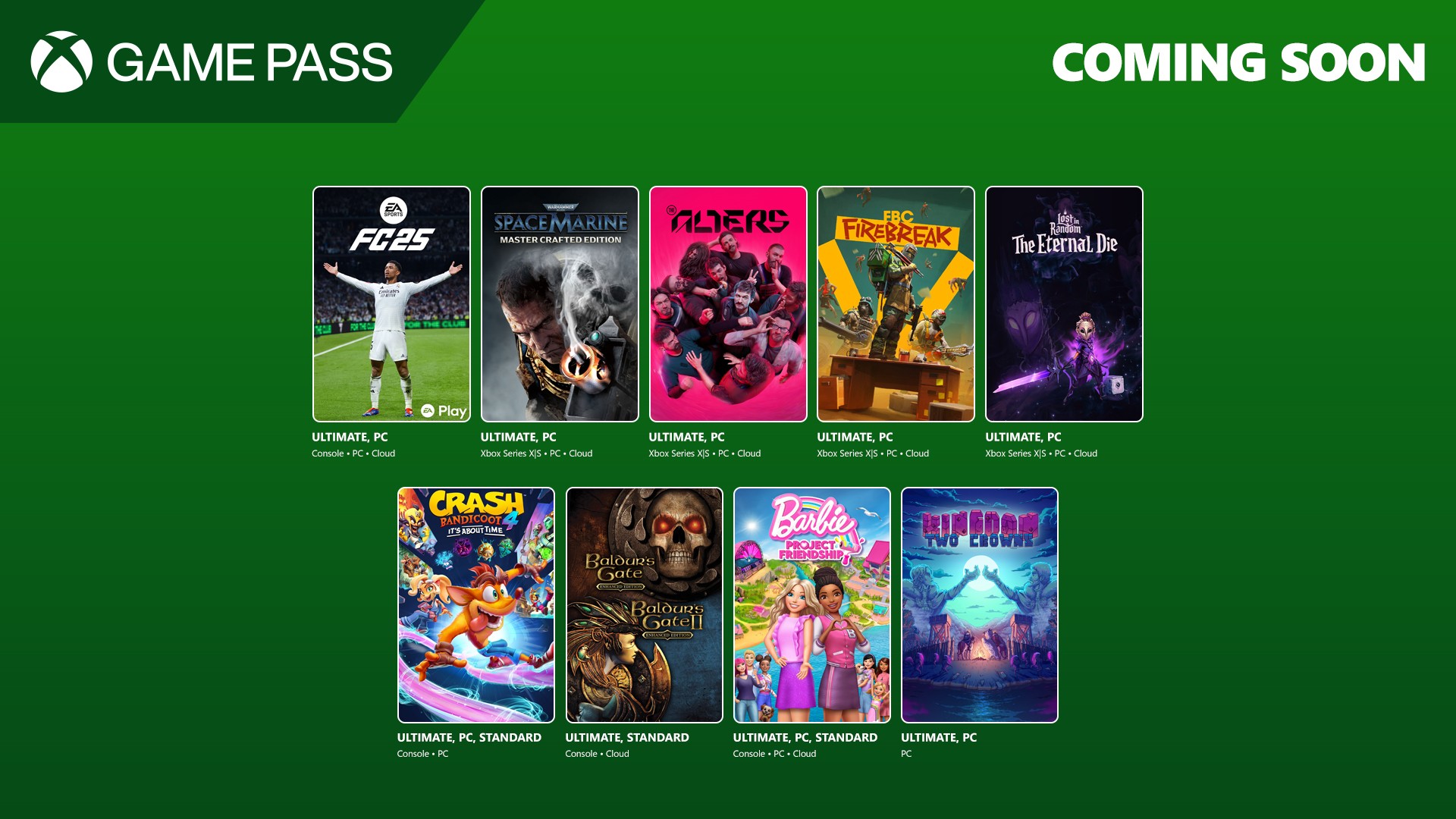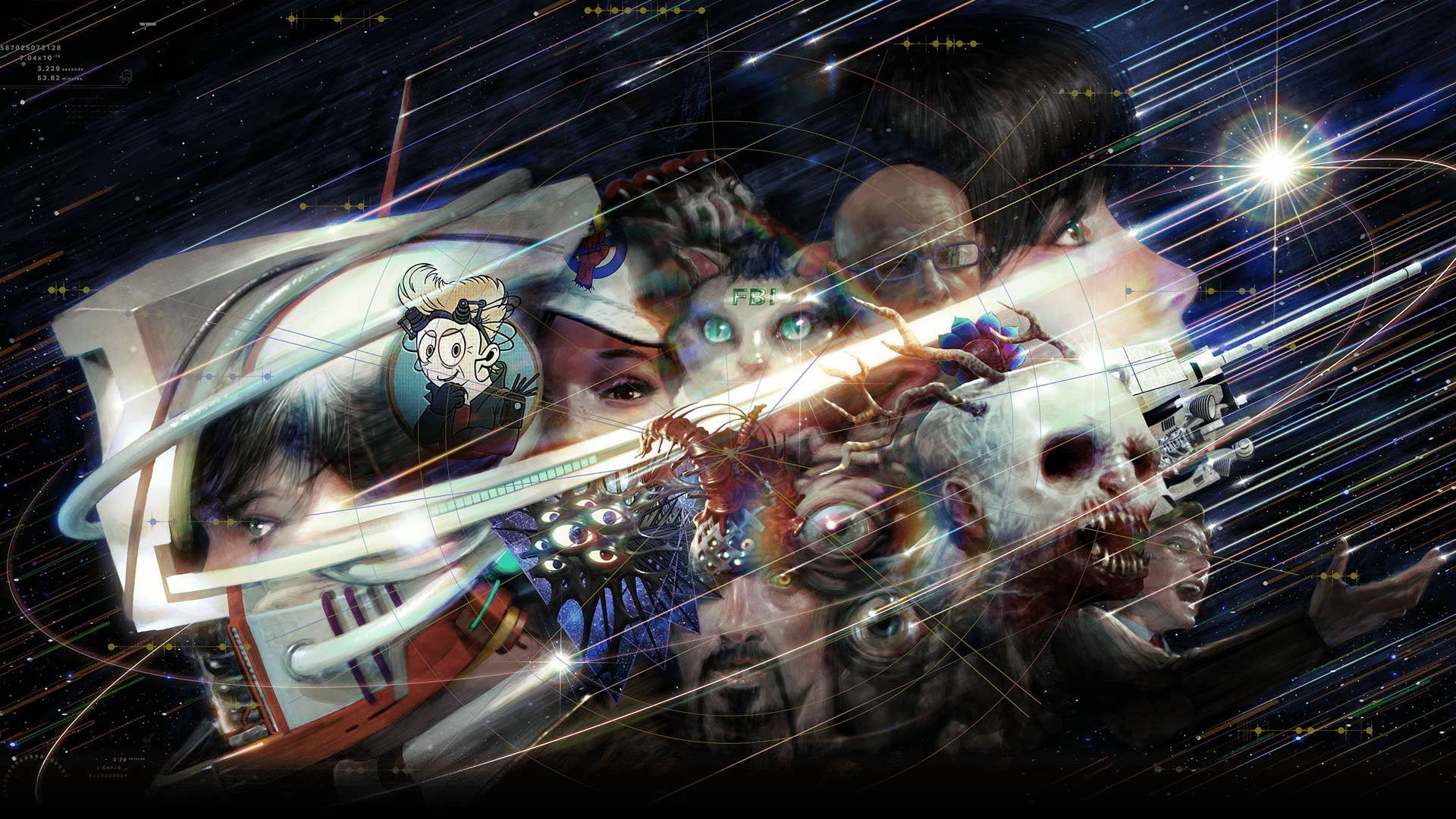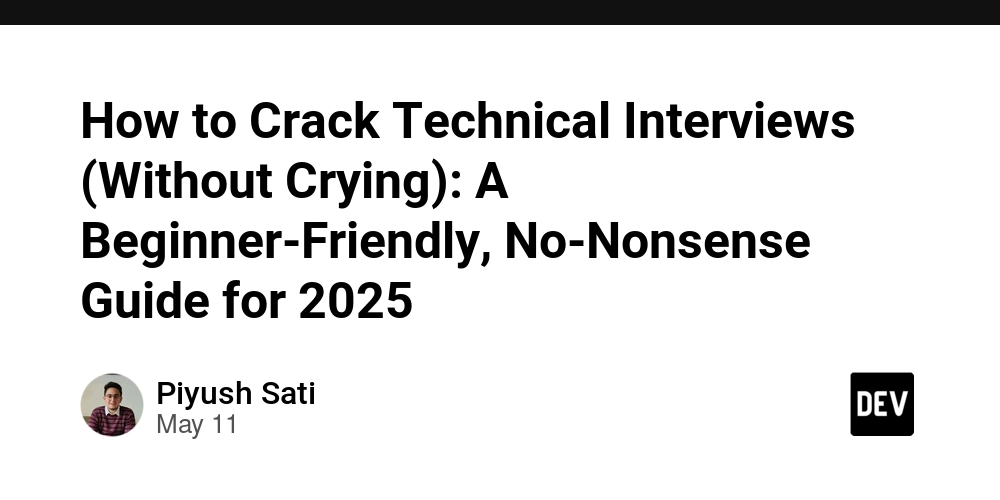You Are Not Your Job: Reclaiming Your Identity as a Software Engineer
Who are you? If your first instinct is to say, “I’m a software engineer” or “I’m a developer,” I invite you to pause for a moment and dig a little deeper. That’s exactly where I found myself after graduating from university and landing my first job. For years, my goal was clear: get a degree, start a career. It felt like the default path — everyone around me was on it, and society cheered it on. But when I stepped into the working world as a software engineer, I felt unexpectedly lost. Without the structure of school or passions outside of work, I poured everything into my job. The long hours debugging code, learning new frameworks, and chasing deadlines became my identity. Climbing the career ladder seemed like the natural next step — after all, it’s what my parents did, and it’s what the tech world demanded. What could possibly go wrong? As it turned out, letting my job define me left me unfulfilled, disconnected from who I was outside of code, and questioning my purpose. This article is about my journey to reclaim my identity beyond my job title — and how you, too, can rediscover who you are outside the world of software engineering. The Hidden Danger of Defining Yourself by Your Job It’s shockingly easy to let your job title become your identity, especially in software engineering. The tech industry thrives on celebrating promotions, shipped features, and GitHub commits as if they measure your worth as a person. Society piles on, too — say you work for a big-name tech company at a party or on X, and suddenly you’re “impressive.” I internalized that prestige, believing my value was tied to the company name on my LinkedIn profile. Early in my career, every bug I couldn’t crack or deadline I missed felt like a personal failure. I wasn’t just a software engineer who messed up — I was a failure. The pressure to prove myself, to keep up with new frameworks and maintain a “rockstar coder” image, was relentless. It took a toll on my mental health, leaving me exhausted and questioning my worth. Since my job was my only sense of purpose, I lost myself in it. I worked late nights, not out of passion but obligation, and spent weekends studying system design or tweaking side projects. Why not? My job gave my life meaning, so every moment had to serve it. I also craved validation from my manager and colleagues. Positive feedback was proof I was enough, but without it, I felt invisible. Negative feedback? That was worse — it felt like an attack on my very self, sparking shame and self-doubt. For a while, this mindset seemed to work. I was productive, earning promotions and delivering projects that won praise. But a few years in, despite climbing the career ladder, the cracks appeared. I grew demotivated, procrastinating on tasks I once loved. My energy tanked, and a quiet depression crept in. If my job was my reason for living, and it no longer sparked joy, what was left? That question was my wake-up call, pushing me to search for meaning beyond my role as a software engineer. Have you ever felt like a mistake at work was a reflection of your value as a person? Recognizing the Need for Change The Moment of Realization After a grueling week of chasing deadlines and obsessing over a bug I couldn’t fix, I stumbled across stoic philosophy through Marcus Aurelius’ Meditations. Its core idea hit hard: life is short, and no one will remember my commits or pull requests centuries from now. This truth was humbling yet liberating. Why was I pouring so much energy into feeding my ego through work, chasing likes on my LinkedIn profile or praise from my manager? Stoicism taught me I didn’t need to “make a dent in the universe,” as tech culture often demands. I couldn’t control if people accepted me or not, but I could control how I defined my worth. Letting go of the pressure to leave a grand legacy through my job freed me to focus on what truly mattered — my health, my relationships, and finding joy outside my role as a software engineer. This shift in mindset was just the beginning, pushing me to explore ways to live for myself, not my job title. Initial Struggles Shifting away from a work-centric identity was tougher than I expected. Most of my friends, fellow software engineers, lived for their jobs — side projects and open-source commits were their badges of honor. For them, work was life, and conversations rarely strayed from tech trends or career wins. When I started prioritizing balance, they noticed. A friend even asked why I’d stopped grinding on side projects, hinting I was “slacking.” Stoicism helped me shrug off their nudges to conform — I couldn’t control their opinions, only my choices. Redefining myself outside my job was scarier. If I wasn’t the coder chasing promotions, who was I? Evenings felt empty without Jira tickets or system design books. I felt lost, like I was rebuilding my identity from scratch. It was uncomfortable, but each small step — saying no

Who are you? If your first instinct is to say, “I’m a software engineer” or “I’m a developer,” I invite you to pause for a moment and dig a little deeper.
That’s exactly where I found myself after graduating from university and landing my first job. For years, my goal was clear: get a degree, start a career. It felt like the default path — everyone around me was on it, and society cheered it on. But when I stepped into the working world as a software engineer, I felt unexpectedly lost. Without the structure of school or passions outside of work, I poured everything into my job. The long hours debugging code, learning new frameworks, and chasing deadlines became my identity. Climbing the career ladder seemed like the natural next step — after all, it’s what my parents did, and it’s what the tech world demanded. What could possibly go wrong?
As it turned out, letting my job define me left me unfulfilled, disconnected from who I was outside of code, and questioning my purpose. This article is about my journey to reclaim my identity beyond my job title — and how you, too, can rediscover who you are outside the world of software engineering.
The Hidden Danger of Defining Yourself by Your Job
It’s shockingly easy to let your job title become your identity, especially in software engineering. The tech industry thrives on celebrating promotions, shipped features, and GitHub commits as if they measure your worth as a person. Society piles on, too — say you work for a big-name tech company at a party or on X, and suddenly you’re “impressive.” I internalized that prestige, believing my value was tied to the company name on my LinkedIn profile.
Early in my career, every bug I couldn’t crack or deadline I missed felt like a personal failure. I wasn’t just a software engineer who messed up — I was a failure. The pressure to prove myself, to keep up with new frameworks and maintain a “rockstar coder” image, was relentless. It took a toll on my mental health, leaving me exhausted and questioning my worth.
Since my job was my only sense of purpose, I lost myself in it. I worked late nights, not out of passion but obligation, and spent weekends studying system design or tweaking side projects. Why not? My job gave my life meaning, so every moment had to serve it. I also craved validation from my manager and colleagues. Positive feedback was proof I was enough, but without it, I felt invisible. Negative feedback? That was worse — it felt like an attack on my very self, sparking shame and self-doubt.
For a while, this mindset seemed to work. I was productive, earning promotions and delivering projects that won praise. But a few years in, despite climbing the career ladder, the cracks appeared. I grew demotivated, procrastinating on tasks I once loved. My energy tanked, and a quiet depression crept in. If my job was my reason for living, and it no longer sparked joy, what was left? That question was my wake-up call, pushing me to search for meaning beyond my role as a software engineer.
Have you ever felt like a mistake at work was a reflection of your value as a person?
Recognizing the Need for Change
The Moment of Realization
After a grueling week of chasing deadlines and obsessing over a bug I couldn’t fix, I stumbled across stoic philosophy through Marcus Aurelius’ Meditations. Its core idea hit hard: life is short, and no one will remember my commits or pull requests centuries from now. This truth was humbling yet liberating. Why was I pouring so much energy into feeding my ego through work, chasing likes on my LinkedIn profile or praise from my manager?
Stoicism taught me I didn’t need to “make a dent in the universe,” as tech culture often demands. I couldn’t control if people accepted me or not, but I could control how I defined my worth. Letting go of the pressure to leave a grand legacy through my job freed me to focus on what truly mattered — my health, my relationships, and finding joy outside my role as a software engineer. This shift in mindset was just the beginning, pushing me to explore ways to live for myself, not my job title.
Initial Struggles
Shifting away from a work-centric identity was tougher than I expected. Most of my friends, fellow software engineers, lived for their jobs — side projects and open-source commits were their badges of honor. For them, work was life, and conversations rarely strayed from tech trends or career wins. When I started prioritizing balance, they noticed. A friend even asked why I’d stopped grinding on side projects, hinting I was “slacking.” Stoicism helped me shrug off their nudges to conform — I couldn’t control their opinions, only my choices.
Redefining myself outside my job was scarier. If I wasn’t the coder chasing promotions, who was I? Evenings felt empty without Jira tickets or system design books. I felt lost, like I was rebuilding my identity from scratch. It was uncomfortable, but each small step — saying no to after-hours Slack or trying a new hobby — brought me closer to a life aligned with my true values.
What is your number one priority in life right now? Have you intentionally defined it?
First Steps Toward Change
To break free from my work-obsessed routine, I started practicing sports — a simple way to escape the sedentary tech life and move my body. Stoicism taught me to focus on effort, not outcomes, so I didn’t pressure myself to be “good.” It was just a hobby to fill the hours I’d once spent debugging code past midnight.
Weeks in, I found myself loving it. Each small improvement — running a bit farther, feeling stronger — brought a satisfaction unrelated to commits or promotions. This sense of progress, built through my own effort, was deeply rewarding. Running became a passion, waking me up with excitement for the next trail, not just the next sprint. Work remained important, but it no longer defined my days. Ironically, this new energy made coding feel less like a burden, letting me approach my job with a clearer, healthier mindset. Sports was just the start — other steps soon helped me build a fuller life beyond my job.
If you couldn’t use your job title to describe yourself, what would you say?
A New Identity
Stepping back from defining myself by my job opened the door to rediscovering who I am. I’m no longer just a software engineer or a title on my LinkedIn profile. Guided by stoic principles to focus on what I can control, I prioritize health, relationships, and personal growth.
I still find joy in programming — getting “in the zone,” squashing a tricky bug, or streamlining a workflow reminds me why I entered tech. But balance lets me tackle work with calm focus, not anxiety, making work more fulfilling. Sharing my story, as you’ve noticed, fuels my passion for helping others grow as humans, not just coders. I’ve learned personal growth drives professional success.
Sports remains my stress reset, clearing my mind and sparking joy. Work is now just one part of a richer life, supporting my passions rather than defining me. I hope my journey inspires you to explore who you are beyond your job title.
Key Takeaways and Action Points
Reflecting on my journey, I’ve learned that your job is just one part of who you are-not the whole story. When you tie your identity too closely to work, it’s easy to lose balance, feel burnt out, and question your self-worth. But it’s possible to redefine your relationship with work and reclaim your sense of self.
Here are some key takeaways and practical steps you can start with today:
Key Takeaways
- You are more than your job title. Your worth isn’t measured by your role, your productivity, or your achievements at work.
- External validation is natural but limited. While positive feedback feels good, don’t let it define your self-esteem.
- Burnout often stems from blurred boundaries. When work becomes your identity, setbacks hit harder and recovery takes longer.
- Meaningful fulfillment comes from balance. Investing in hobbies, relationships, and self-care fuels motivation and joy beyond the office.
Action Points
- Set boundaries. Create clear limits between work and personal time to protect your mental space. Turn off Slack notifications after work hours to protect your evenings.
- Explore new interests. Try a hobby, sport, or creative activity that excites you without the pressure to “perform.”
- Seek intrinsic motivation. Focus on activities that bring joy and growth, not just external rewards or recognition.
- Build a support system. Surround yourself with people who value you for who you are, not just what you do.
- Practice self-compassion. Be kind to yourself when things don’t go perfectly-your value isn’t tied to flawless performance. Forgive yourself for bugs or missed deadlines — your worth is deeper.
Reclaiming your identity takes courage and time, but it leads to a healthier, happier life.
If you enjoyed this article, please click the ❤️. Your feedback helps me understand what topics resonate with you and guides me on what to write next. Thank you for being part of this journey!






















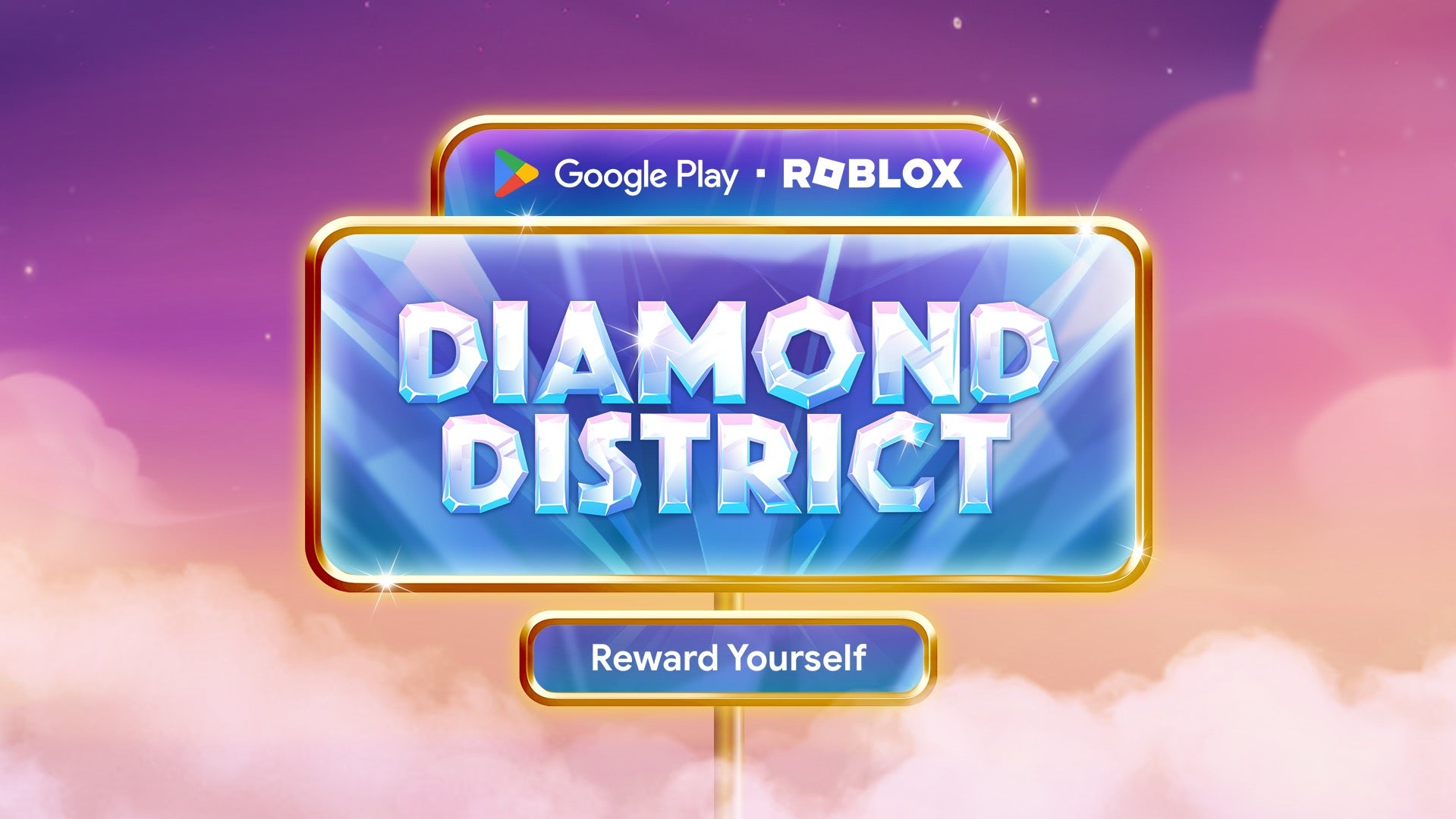






























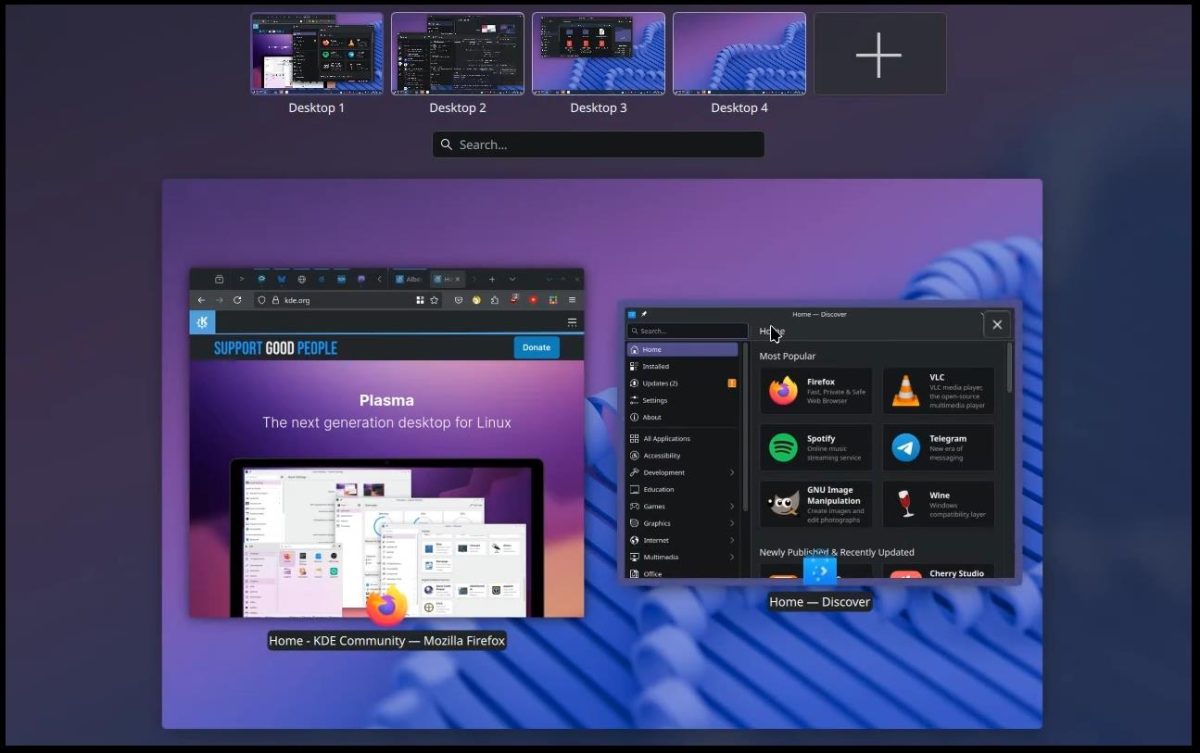




















![iOS 18 Adoption Reaches 82% [Chart]](https://www.iclarified.com/images/news/97512/97512/97512-640.jpg)
![Apple Shares Official Trailer for 'The Wild Ones' [Video]](https://www.iclarified.com/images/news/97515/97515/97515-1280.jpg)


















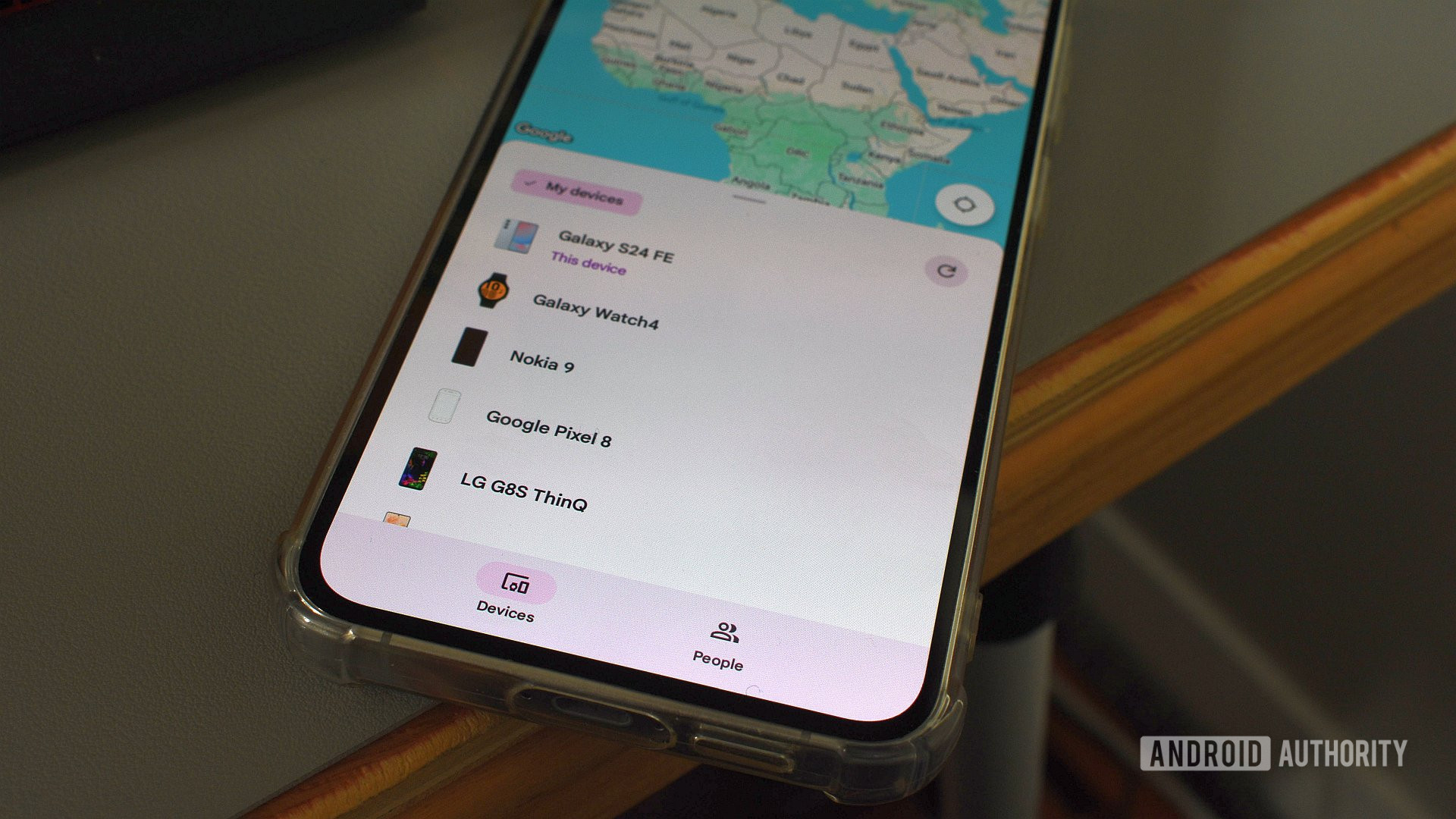
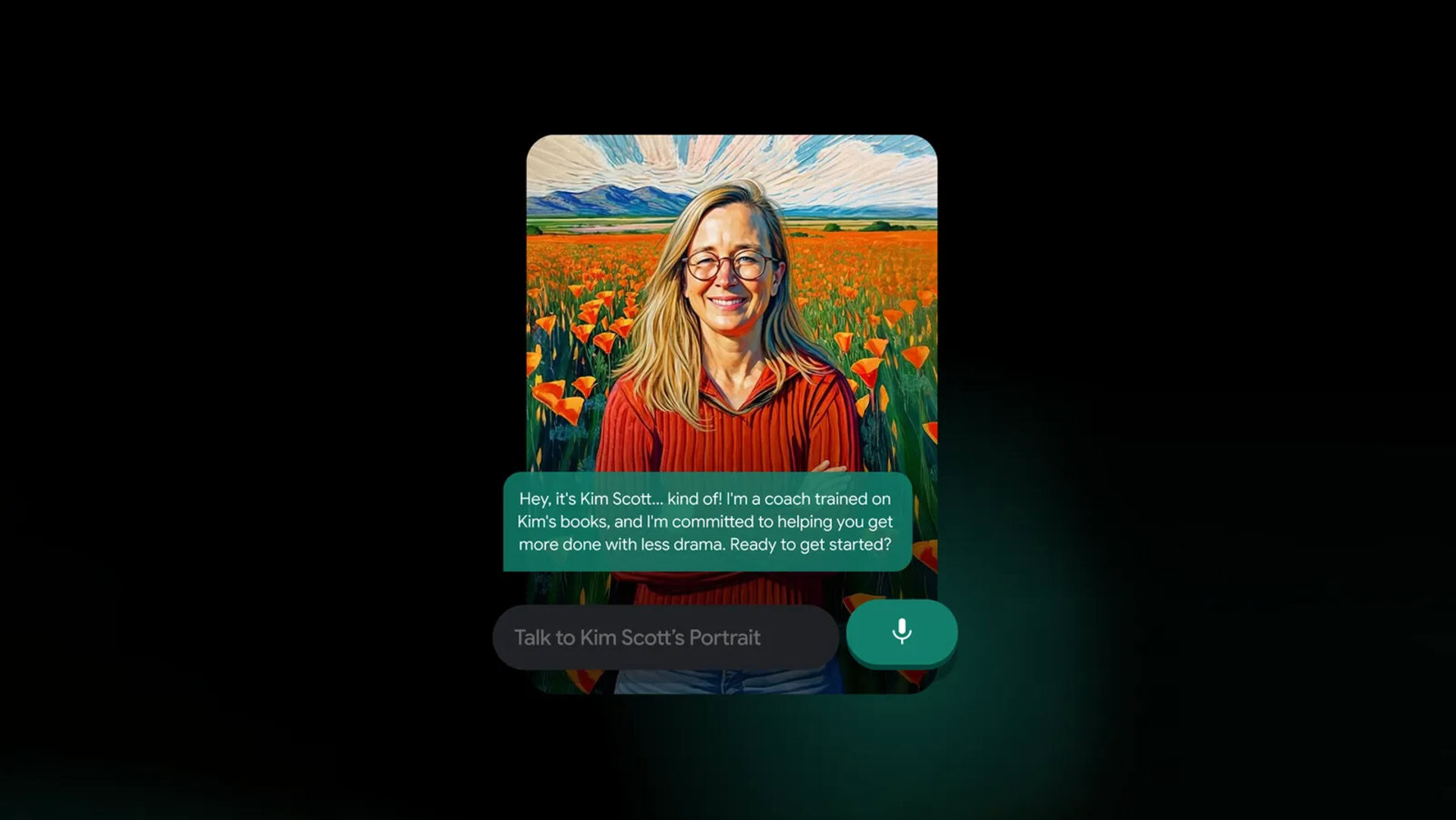


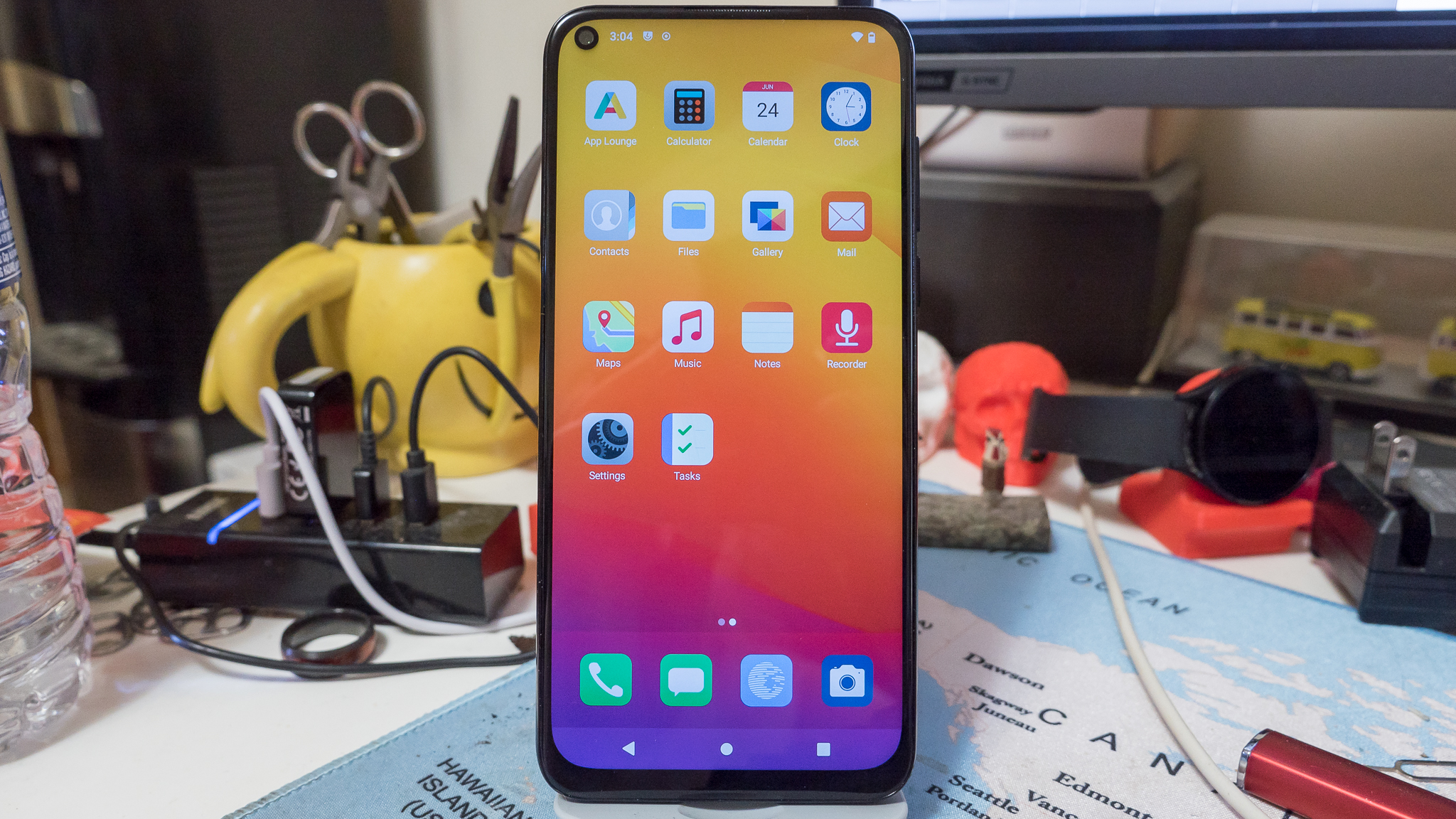
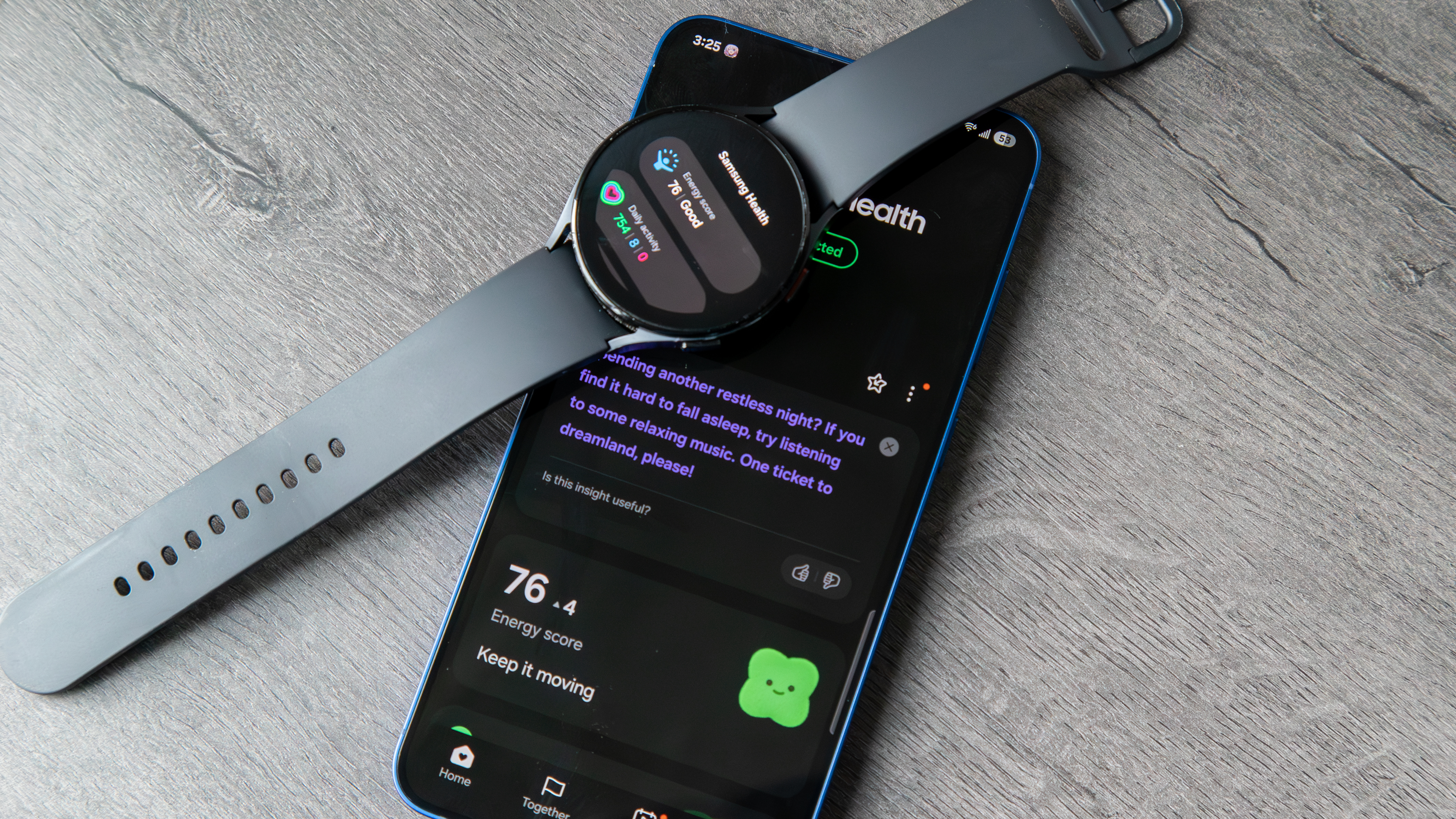
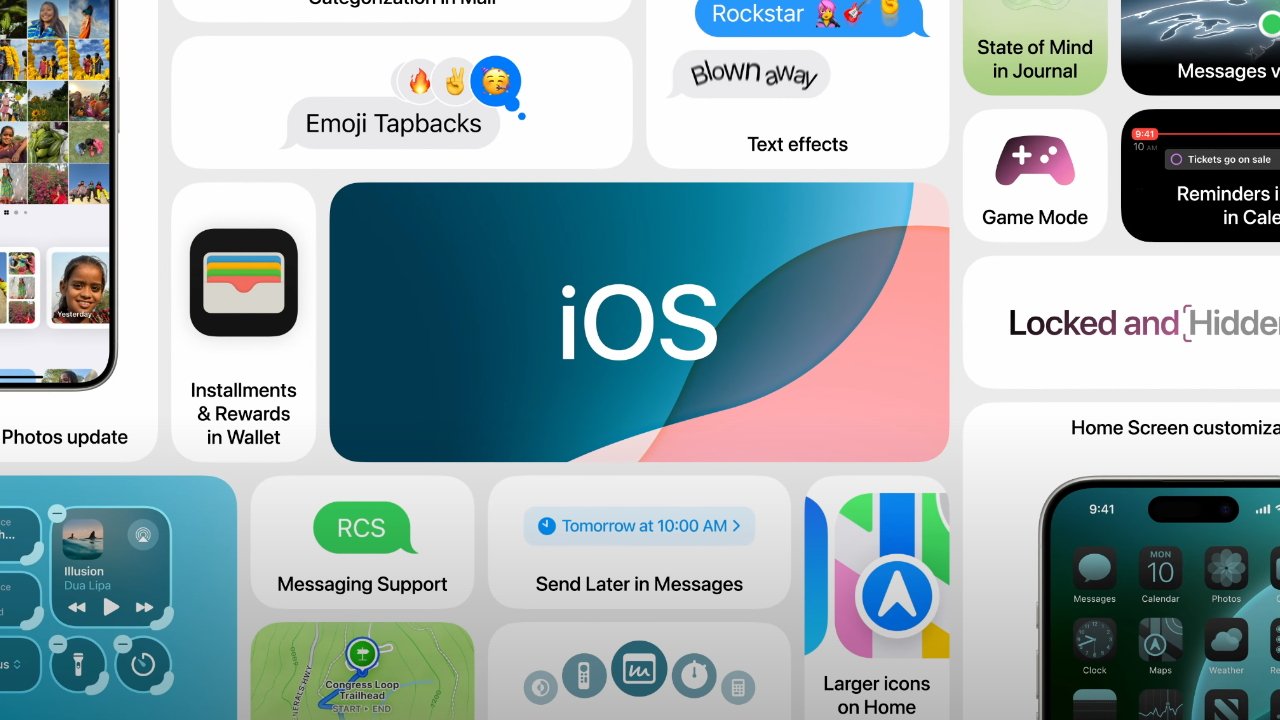
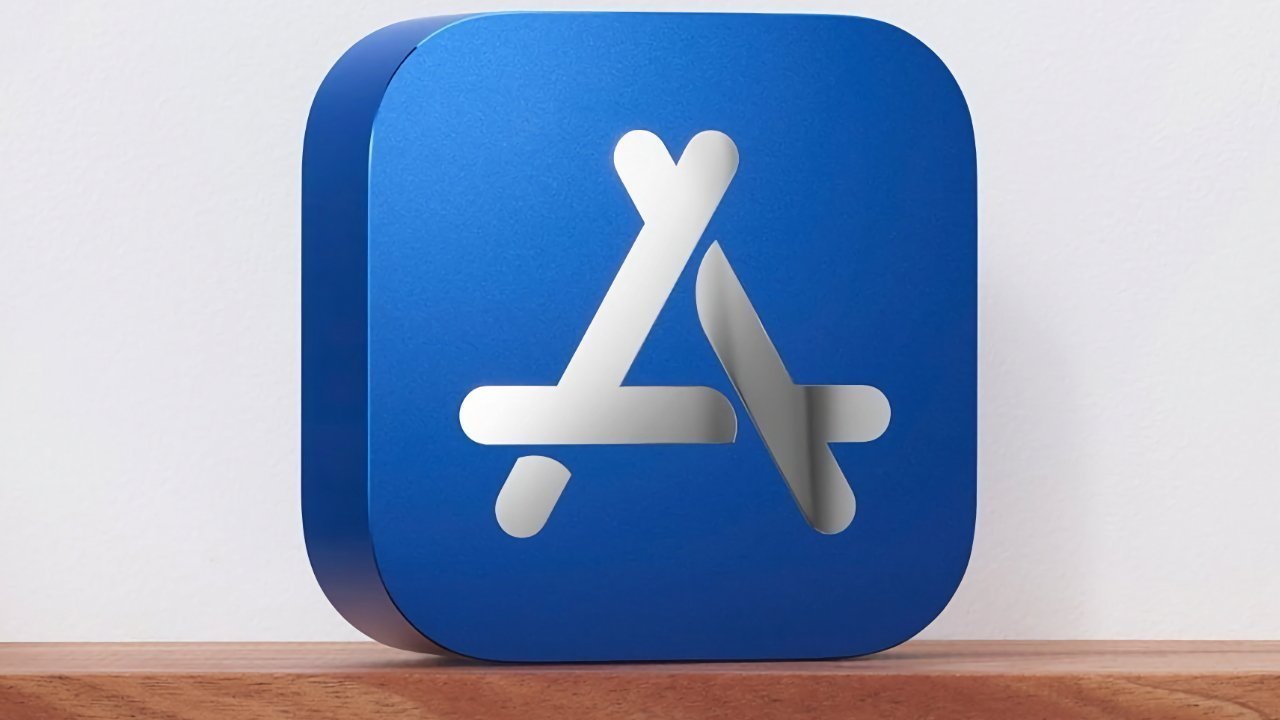


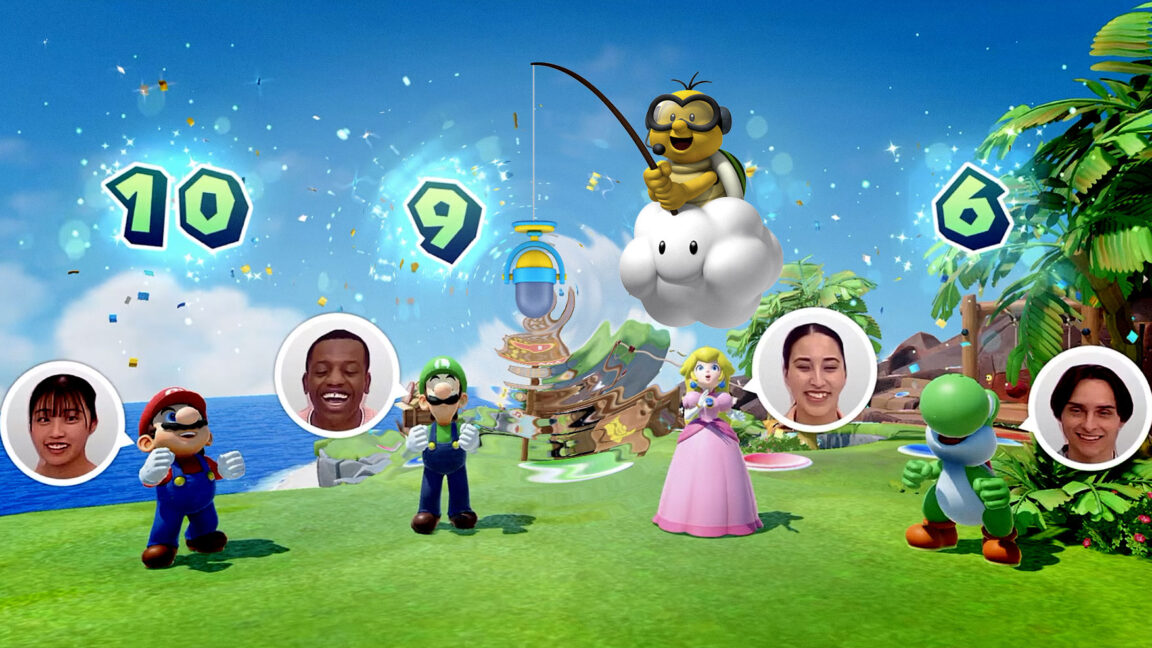






















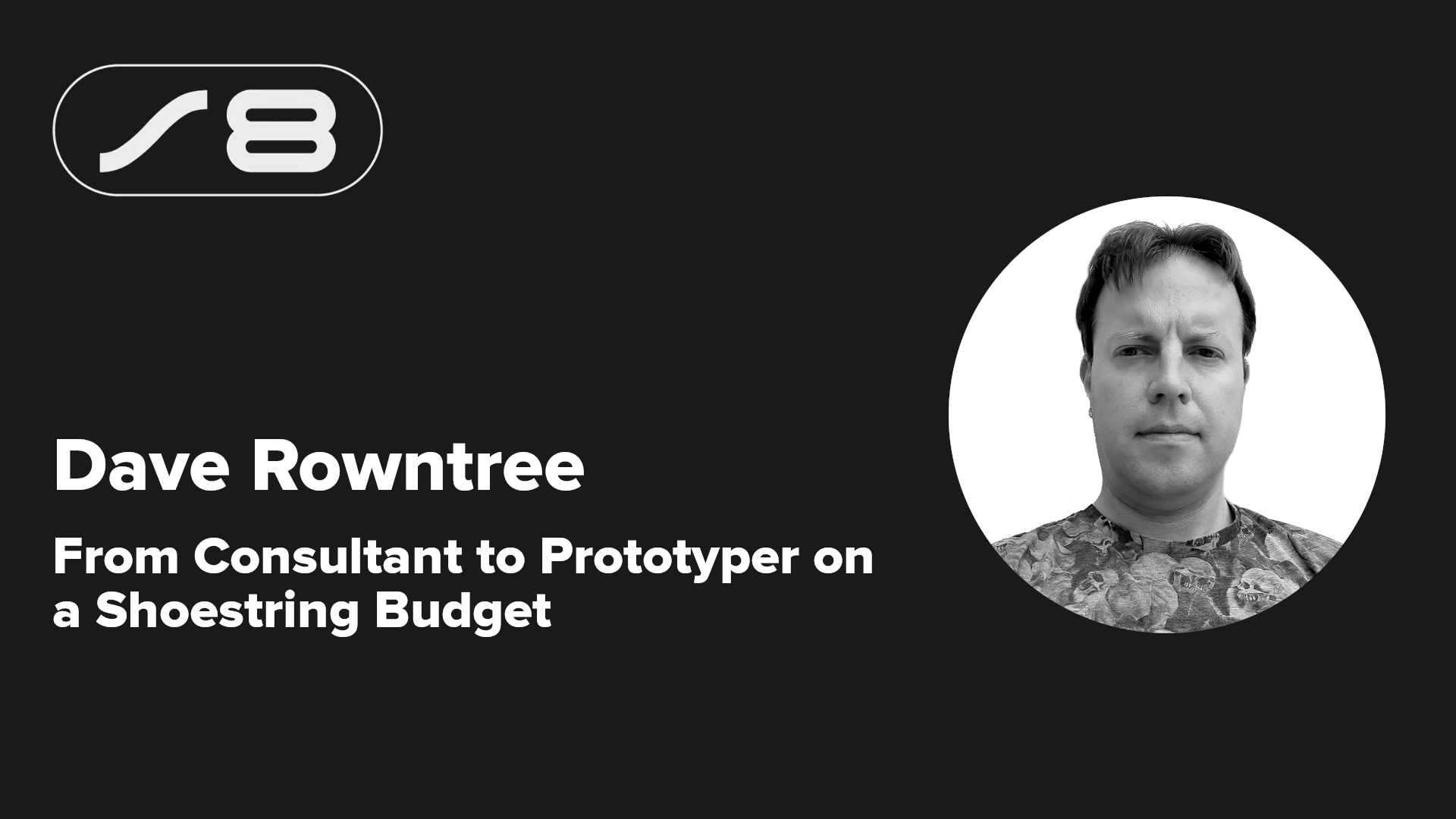
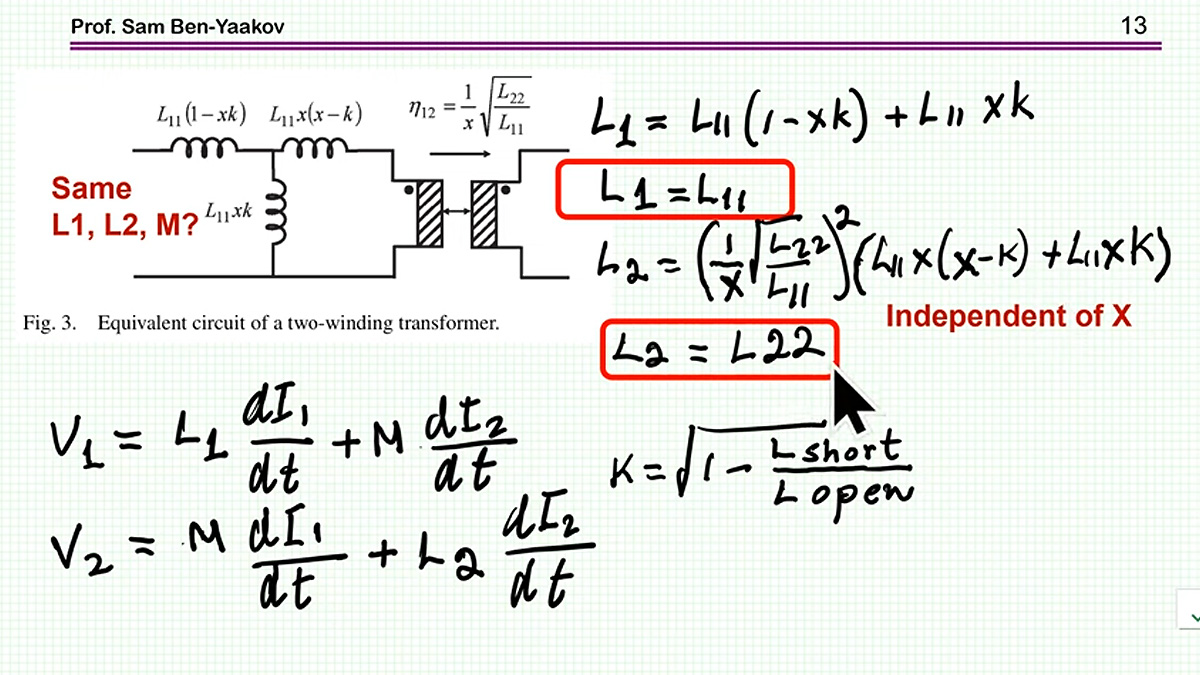








































































































































































![[The AI Show Episode 151]: Anthropic CEO: AI Will Destroy 50% of Entry-Level Jobs, Veo 3’s Scary Lifelike Videos, Meta Aims to Fully Automate Ads & Perplexity’s Burning Cash](https://www.marketingaiinstitute.com/hubfs/ep%20151%20cover.png)

























































































































































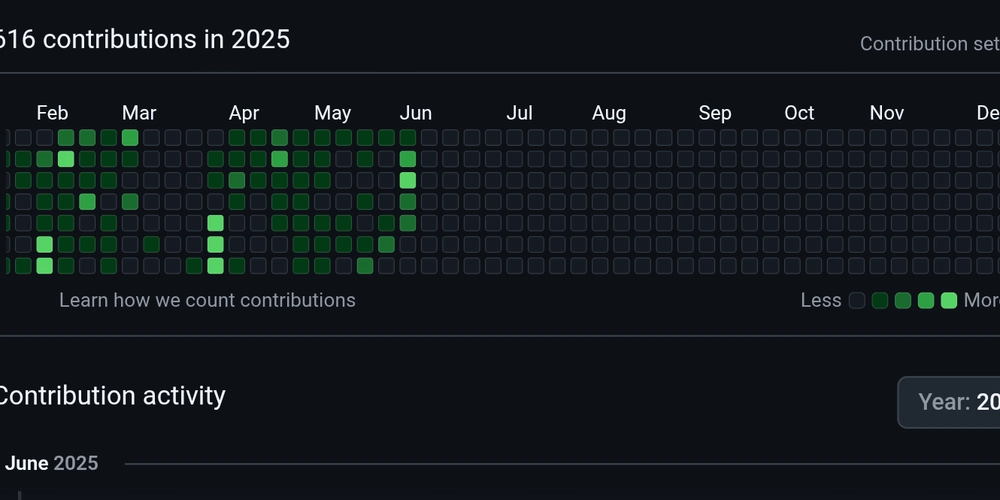
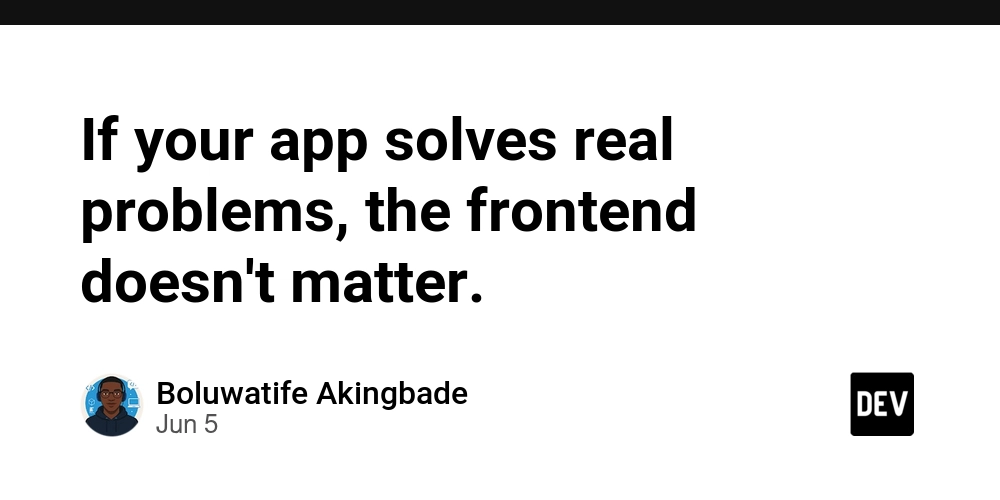







![[DEALS] FileJump 2TB Cloud Storage: Lifetime Subscription (85% off) & Other Deals Up To 98% Off – Offers End Soon!](https://www.javacodegeeks.com/wp-content/uploads/2012/12/jcg-logo.jpg)




















-0-8-screenshot.png?width=1920&height=1920&fit=bounds&quality=70&format=jpg&auto=webp#)
.jpg?width=1920&height=1920&fit=bounds&quality=70&format=jpg&auto=webp#)































